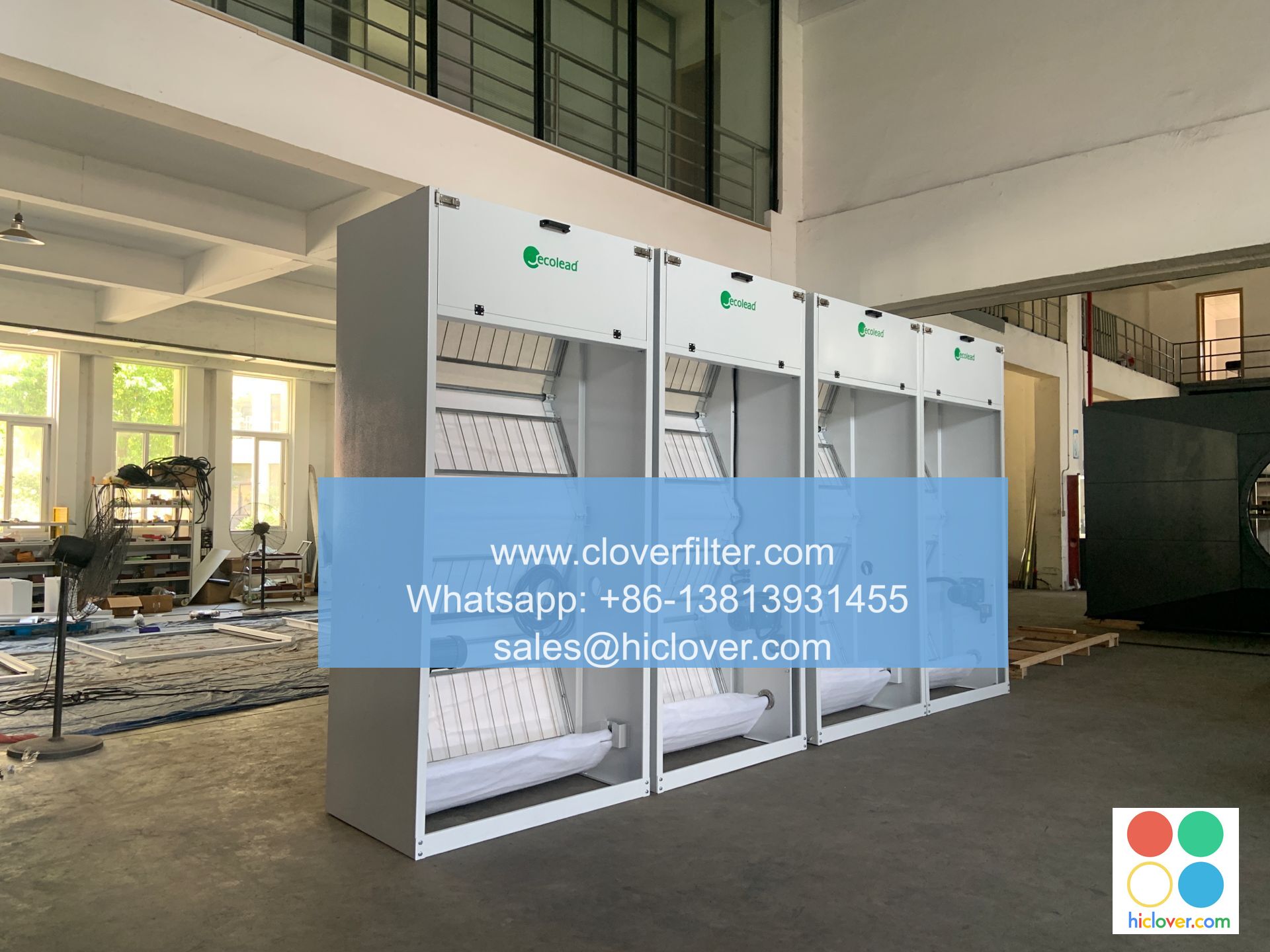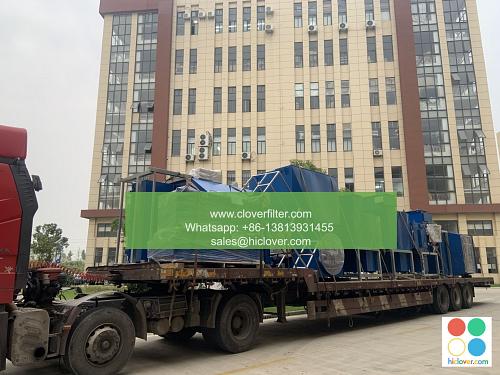Why Air Filters Matter: Improving Indoor Air Quality

As we spend more time indoors, the importance of maintaining good indoor air quality (IAQ) cannot be overstated. One crucial element in achieving this is the use of high-quality air filters that can effectively remove pollutants and allergens from the air. In this article, we will delve into the significance of air filters, their indoor air quality benefits, and explore various application areas where they play a vital role.
The Impact of Poor Indoor Air Quality
Poor IAQ can lead to a range of health issues, from mild discomfort to severe respiratory problems. Airborne pollutants such as particulate matter (PM), volatile organic compounds (VOCs), and microbial contaminants can aggravate conditions like asthma, allergies, and other respiratory diseases. Furthermore, indoor air pollution has been linked to increased risks of cardiovascular disease, cancer, and even neurodegenerative disorders.
The Role of Air Filters in Improving Indoor Air Quality
Air filters are designed to capture airborne pollutants and prevent them from circulating in the air. By installing high-efficiency air filters in your home or building, you can significantly reduce the concentration of particulate matter, VOCs, and microbial contaminants. This, in turn, can lead to improved indoor air quality, reduced health risks, and enhanced overall well-being.
Application Areas for Air Filters
Air filters have a wide range of applications across various industries and settings. Some of the key areas where air filters play a critical role include:
* Residential HVAC systems: Air filters are used to improve IAQ in homes, reducing the risk of respiratory problems and allergies.
* Commercial buildings: High-quality air filters are essential in commercial settings, such as offices, hospitals, and schools, to maintain a healthy indoor environment.
* Industrial settings: Air filters are used to remove hazardous pollutants and chemical contaminants from the air in industrial environments, such as manufacturing facilities and laboratories.
* Transportation: Air filters are used in vehicles to improve IAQ and reduce the risk of airborne illnesses during travel.
* Healthcare facilities: Air filters play a critical role in maintaining sterile environments in hospitals, clinics, and other healthcare settings, reducing the risk of hospital-acquired infections.
Types of Air Filters
There are several types of air filters available, each with its unique characteristics and benefits. Some of the most common types of air filters include:
* HEPA filters: High-efficiency particulate air filters that can capture 99.97% of particles as small as 0.3 microns.
* Activated carbon filters: Designed to remove VOCs, gases, and odors from the air.
* UV air purifiers: Use ultraviolet light to kill microbial contaminants and other airborne pathogens.
* Fiberglass filters: Basic air filters that can capture larger particles and dust.
Conclusion
In conclusion, air filters play a vital role in maintaining good indoor air quality, and their importance cannot be overstated. By understanding the benefits of air filters and exploring various application areas, we can take steps to improve the air we breathe and reduce the risks associated with poor IAQ. Whether you’re looking to upgrade your residential HVAC system or improve the air quality in your commercial building, investing in high-quality air filters is a crucial step towards creating a healthier indoor environment. You haven’t provided a question or topic for discussion. What would you like to talk about?

